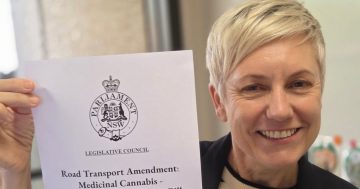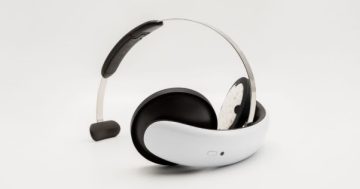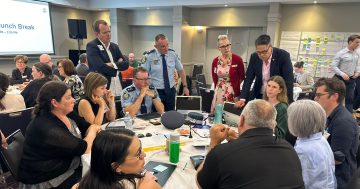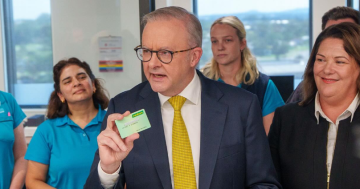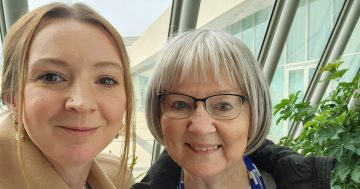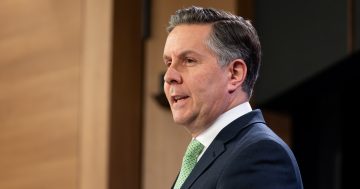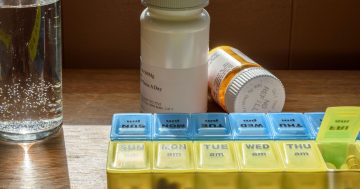 An experiment to re-use left-over medicines by giving them to other patients has saved Netherlands health authorities €600,000 ($A923 million) so far, news reports state.
An experiment to re-use left-over medicines by giving them to other patients has saved Netherlands health authorities €600,000 ($A923 million) so far, news reports state.
The anti-cancer drugs were given to other patients after a full quality control in trials run by Radboud University’s teaching hospital, Radboudumc.
Researcher, Charlotte Bekker told journalists that medicine to the value of €100 million ($A154 million) is thrown away every year — often in ordinary waste or flushed down toilets.
“Often medicines are over-prescribed, but patients may also have drugs left because their treatment has changed or because they have suffered side-effects. Medicine may also be left over if a patient dies,” Dr Bekker (pictured) said.
“Medicines can be reused only under strict conditions,” she said.
“Drugs which have been at patients’ homes, for example, have to be destroyed because they may have been kept in places which are too warm or too cold.”
Dr Bekker said packages which have been opened must also be thrown away.
“The trial involves using a special seal which shows if the package has been opened and a chip which measures the temperature it has been stored at,” the Researcher said.
“The trial also focuses on expensive drugs, costing at least €100 per packet,” she said.
“Once pharmacists have assessed if the drugs are still safe, they can then be given to other patients who have been prescribed the same medicine.”
The experiment, which is continuing, involves around 1,000 cancer patients at four hospitals in the Netherlands.
It is due to be completed next year, but Dr Bekker said the initial results were promising.
The Hague, 29 October


